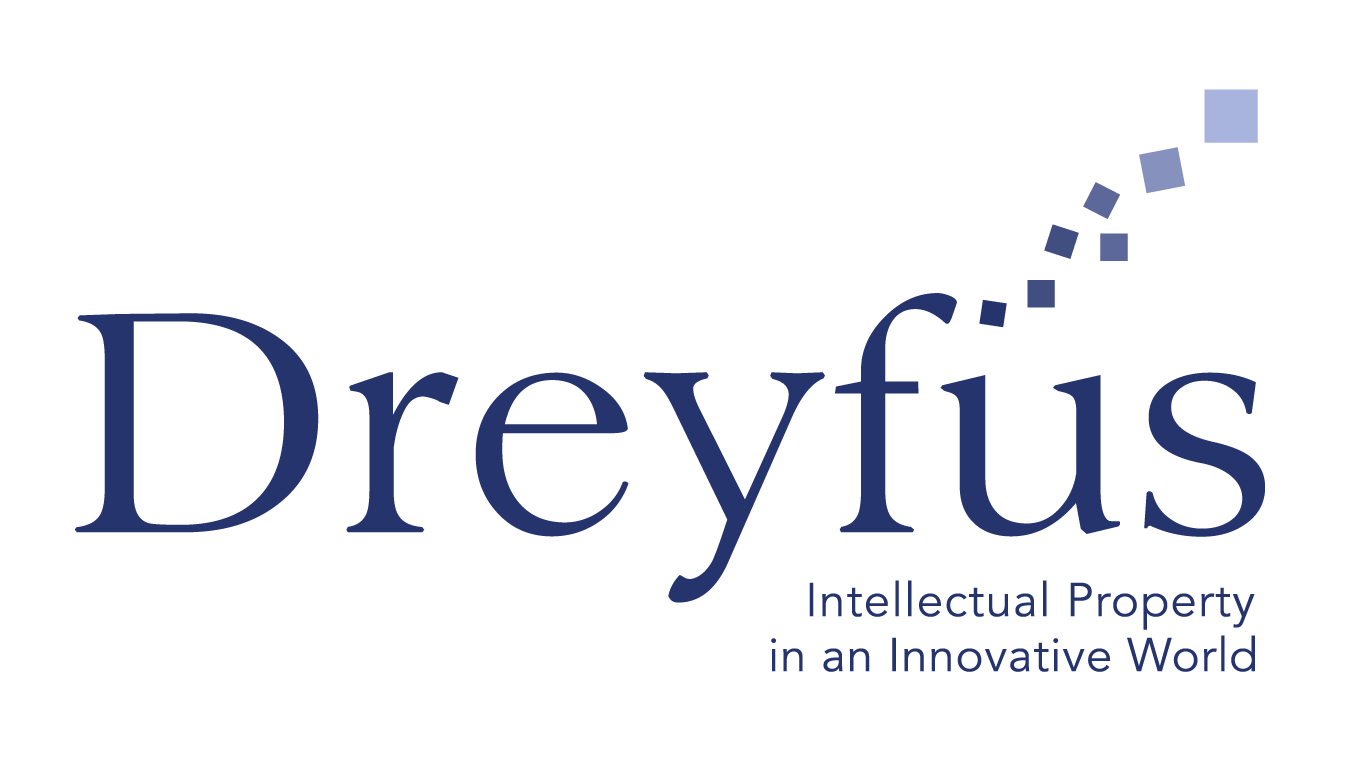Image générée par DALL E 3 version Microsoft
Digital platforms of all sizes can now be regulated. On February 17, 2024 an era of increased digital responsibility will begin with the application of the Digital Services Act (DSA), which reforms the E-Commerce Directive, to all players in the digital landscape. This update aims to harmonise the regulatory framework within the European Union, creating a more coherent and secure single market.
The Digital Service Act: A response to the modern digital challenge
Since August 25, 2023, the DSA applied to online platforms referred to as “large-scale”. This includes a wide range of entities, including but not limited to AliExpress, Amazon Store, AppStore, Bing, Booking.com, Facebook, Google Maps, Google Play, Google Search, Google Shopping, Instagram, LinkedIn, Pinterest, Snapchat, TikTok, Wikipedia, X (formerly Twitter), YouTube and Zalando.
From now on this regulation applies to all online intermediaries offering goods, content or services on the European market, regardless of whether the intermediaries are located in Europe or elsewhere in the world. Article 2 of the DSA defines the entities subject to its provisions, in particular the broad concept of “intermediary services”, which includes internet access providers, cloud computing services and online platforms.
The impact of DSA: A New Era of Digital Responsibility
The DSA mandates the implementation of new rules and measures to combat illegal or harmful content, while increasing transparency. These various key provisions are as follows:
- Increased accountability for online platforms: digital platforms, especially those with more than 45 million users, are now under strict obligations to take swift action against illegal content and to ensure user safety. This includes a clear mechanism for users to report illegal activity and for platforms to respond promptly.
- Transparency in content moderation: the Act requires greater transparency in online advertising and algorithmic processes. Platforms will be required to disclose the criteria used to recommend content, with the aim of demystifying how information is curated and presented to users.
- Facilitating enforcement: a key aspect of the DSA is its emphasis on protecting user rights, including privacy and the right to information. It introduces measures against targeted advertising to minors and ensures that users have greater control over the content they want to see or avoid.
These numerous obligations are justified by the overriding objective of ensuring respect for fundamental rights, as guaranteed by the Charter of Fundamental Rights of the European Union. Each EU Member State will appoint a “digital services coordinator” to ensure that the regulation is applied. In France, this role is played by the Arcom. In addition, the European Commission will specifically monitor very large platforms and search engines. Companies that fail to comply with the DSA will be subject to sanctions, including fines of up to 6% of their global turnover. In the case of serious and repeated infringements, platforms could be banned from operating in the European market.
Improving the protection of intellectual property in the digital domain
The DSA has ushered in a new era of intellectual property protection in the digital domain, introducing measures to combat online infringement and delineating the responsibilities of service providers. Dreyfus law firm, with its international network of Trademark attorneys, and its deep understanding of digital regulation, is uniquely positioned to turn the requirements of the DSA into strategic advantages.
Proactive intellectual property strategy and market positioning
The need for specialised legal expertise in this area is becoming increasingly apparent.
Partnering with Dreyfus Law Firm means gaining more than just legal assistance; it means securing a strategic ally committed to navigating the complexities of the DSA and unlocking growth opportunities in the digital age.
Dreyfus partner with an international network of Intellectual Property attorneys
Have your say: Follow us on social networks!

